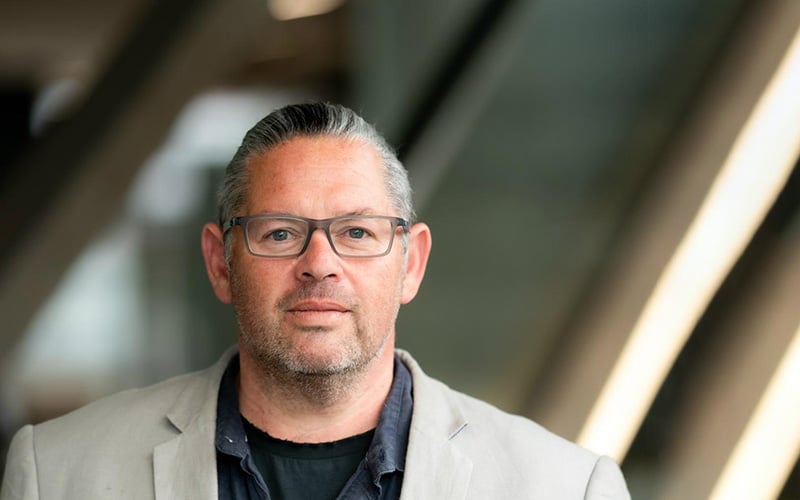Search
Research
What we know about suicide prevention for Aboriginal and Torres Strait Islander peoplesThis fact sheet addresses what we currently know about suicide prevention for Aboriginal and Torres Strait Islander peoples.
Research
Reduced forced vital capacity in Aboriginal Australians: Biology or missing evidence?This editorial article addresses chronic obstructive pulmonary disease and lung function testing in Aboriginal Australians.

News & Events
Australia’s first Indigenous scientist appointed to CSIRO boardThe Kids Research Institute Australia and Australian National University Professor of Indigenous Genomics, Professor Alex Brown, has become the first Indigenous member of the Commonwealth Scientific and Industrial Research Organisation (CSIRO) Board.
Research
‘I have to jump like a kangaroo … I have to slither like a snake’. A qualitative evaluation of elder-led art workshops in the child protection sectorIndigenous peoples globally have incurred significant harm resulting from colonisation and the forced removal of children from their families, culture, communities and Country. Over the last two decades in Australia, there have been calls for significant reform and there has been a raft of policy changes in child protection services. However the problems are intractable, and the numbers of Indigenous children being removed from their families continues to rise.
Research
Exploring Exclusive Breastfeeding and Childhood Cancer Using Linked DataCitation: Bailey HD. Exploring Exclusive Breastfeeding and Childhood Cancer Using Linked Data. JAMA Netw Open. 2024;7(3):e243075 Keywords:
Research
Improving the capacity of researchers and bereaved parents to co-design and translate stillbirth research togetherWorking with bereaved parents in co-designed stillbirth research, policy and practice is essential to improving care and outcomes.
Research
Nonchromosomal birth defects and risk of childhood acute leukemia: An assessment in 15 000 leukemia cases and 46 000 controls from the Childhood Cancer and Leukemia International ConsortiumAlthough recent studies have demonstrated associations between nonchromosomal birth defects and several pediatric cancers, less is known about their role on childhood leukemia susceptibility. Using data from the Childhood Cancer and Leukemia International Consortium, we evaluated associations between nonchromosomal birth defects and childhood leukemia.
Research
A Research Translation, Implementation and Impact Strategy for the Australian Healthy Environments and Lives (HEAL) Research NetworkHealthy Environments And Lives (HEAL) is the Australian national research network established to support improvements to health, the Australian health system, and the environment in response to the unfolding climate crisis. The HEAL Network comprises researchers, community members and organisations, policymakers, practitioners, service providers, and other stakeholders from diverse backgrounds and sectors.
Research
“Sometimes Our Mob Don't Really Take It Serious Until It's Serious”: The Experiences of Western Australian Aboriginal Adolescents Living With Type 2 Diabetes, Their Parents, and Their Family MembersIn Australia, Aboriginal children experience disproportionate rates of type 2 diabetes (T2D) compared with non-Aboriginal children. The aim of this qualitative study was to explore the experiences of Aboriginal adolescents with T2D and their family members to better understand the influences of T2D on self-management, with findings used to inform an enhanced service model of care.
Research
Healthy Environments and Lives (HEAL): Australian research network in human health and environmental changeThe HEAL Network aims to strengthen the Australian health system and community resilience to climate change, extreme events, and environmental degradation.
